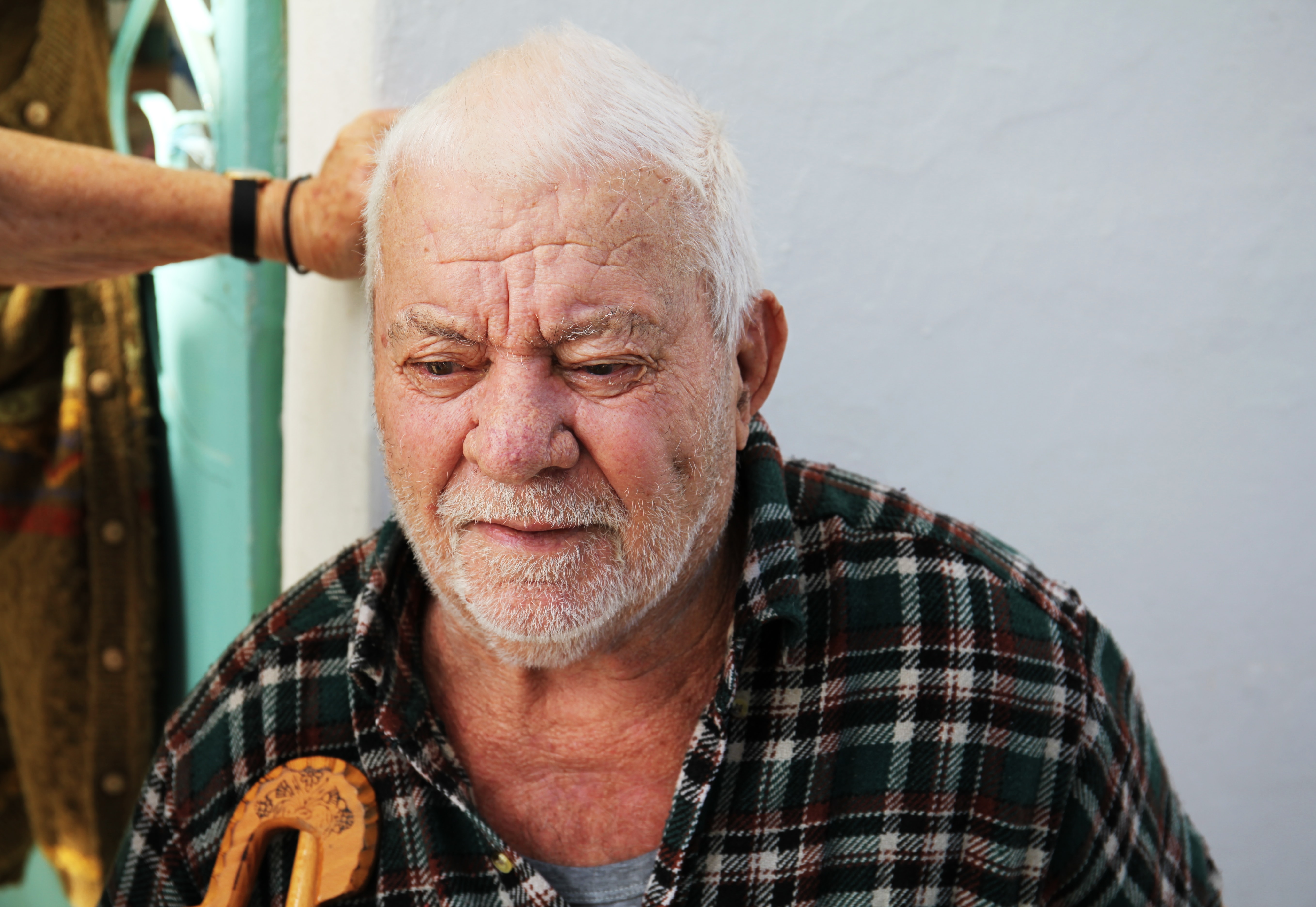Your loved ones deserve to be treated with dignity, respect and compassion during the last years of their life. The stories of nursing home abuse in the past have unveiled horror stories which no family wants to face. Nursing home or assisted living abuse is not acceptable on any level at any time. This is why you should not only carefully vet your choice for an adult residence, but keep aware and alert of the warning signs that something may be amiss.
A reputable assisted living facility will be happy to work with you to ensure that your loved one is living their best life possible; in a loving, caring and professional environment.
Assisted Living Abuse Can Be Avoided
One of the reasons that elderly abuse can continue unnoticed for months or even years is that the warning signs can be mistaken for normal signs of aging. Therefore it is important to note that if you discern some of these warning signs, it could be abuse – but it may also be perfectly normal. Monitoring your loved one and staying involved in their care is the best antidote to abuse.
- Weight Loss: Many medications can cause a loss of appetite, and the normal aging process also can affect an individual’s desire to eat. If an assisted living staff is not paying attention, it is possible for a resident to be deprived of the nutrition they need to stay healthy. Without proper nutrition and hydration, a senior citizen can suffer from cachexia, related to malnutrition. When not eating and hydrating, disease is also more likely to take hold. Therefore, if you notice your loved one losing weight, it is important to address. While by itself this may or may not be a sign of abuse, when seen in conjunction with other warning signs it should cause some alarm.
- Bruising: Bruising on a senior citizen should always be cause for concern if the staff has not informed you of a fall or injury. Bruising may be the result of a fall, of being grabbed or handled roughly, of being struck, or in some cases, indicate sexual abuse. Family member should immediately investigate if they notice bruising on their loved one’s body.
- Frequent Falls: While a single fall may occur, when a resident seems to be falling often, it is a warning sign of abuse. It is the legal responsibility of the nursing home or assisted living facility (depending on care plan) to have a regimen in place for each of their residents. This plan should take measures to prevent falling for those who may be susceptible. Frequent falls indicate that the specific needs of the resident are not being addressed.
- Bedsores: While less frequently seen in assisted living abuse, bedsores are caused by malnutrition and allowing a resident to lay in bed for too long. Staff at adult living facilities should be aware of a resident not leaving their bed, or staying in the same position for days at a time. Not noticing this dangerous symptom of medical or emotional pain could definitely be categorized as abuse.
- Restraints: Both physical and medicinal restraints can be abused in nursing homes and assisted living facilities. If a resident is tucked into their bed too tightly, if staff has installed bedrails or wheelchair bars which they will not remove, or if they sedate your loved one heavily, this is a sure sign of abuse.
The attentiveness of the staff is a great gauge of whether or not you should be concerned. You may also notice if your loved one smiles when someone enters the room, or flinches and cowers. Keeping open lines of communication with both your loved one and the staff will help to ensure they are getting the care they deserve.
Call A Banyan Residence today for a free tour and consultation. We understand how precious life and dignity is, not matter what stage you are in.
